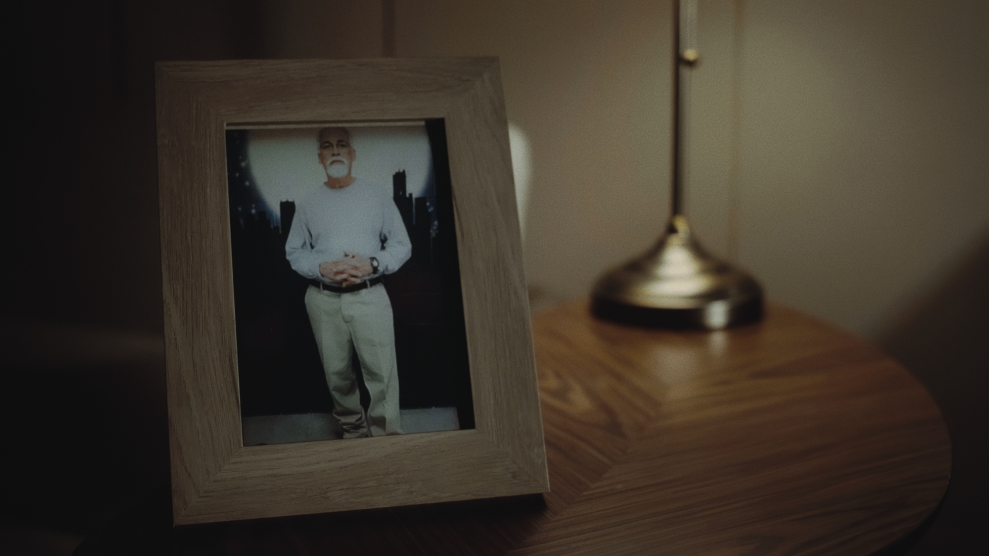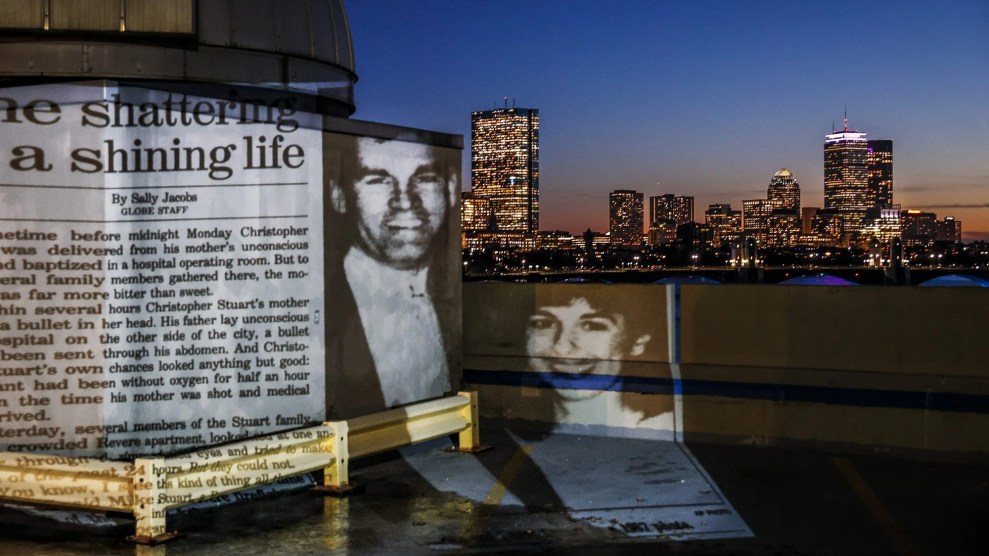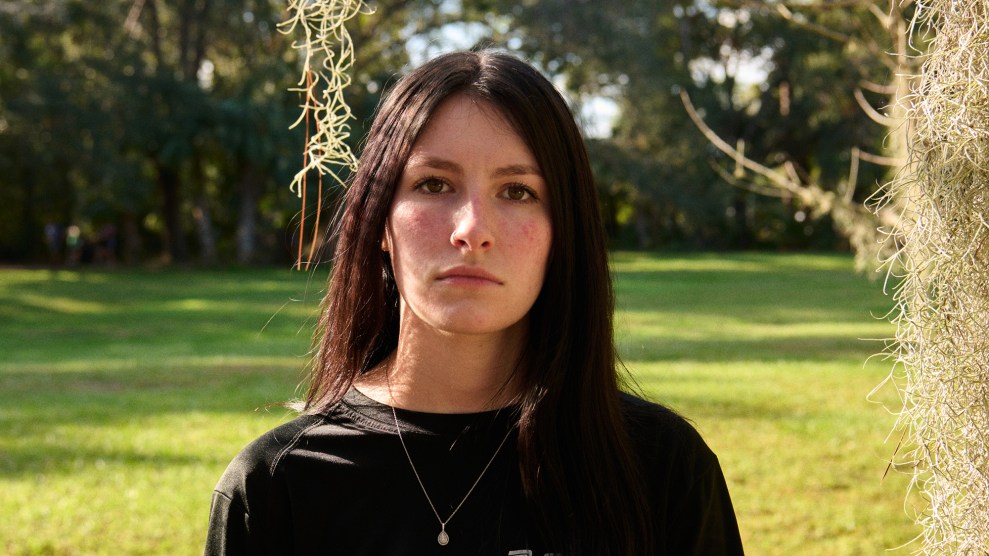Why are Chicago prosecutors hounding a group of journalism students? The Chicago Tribune on Monday had a story about the Innocence Project, an initiative at Northwestern University’s Medill School of Journalism in which students seek to gather evidence of wrongful convictions. In their latest investigation, the Medill students discovered new evidence that they say shows Anthony McKinney, found guilty for murdering a security guard in 1978, didn’t actually commit the crime. McKinney has spent 31 years in prison, and as a result of this development has won a new hearing that could eventually lead to his release. But rather than focus on the details of the case, the Cook County state’s attorney has turned with a vengeance on the students, the professor and the Innocence Project itself, seeking to show that the students are promised good grades if they free the inmates in the cases they are working on. According to the Tribune:
The Cook County state’s attorney subpoenaed the students’ grades, notes and recordings of witness interviews, the class syllabus and even e-mails they sent to each other and to professor David Protess of the university’s Medill School of Journalism.
Northwestern has turned over documents related to on-the-record interviews with witnesses that students conducted, as well as copies of audio and videotapes, Protess said.
But the school is fighting the effort to get grades and grading criteria, evaluations of student performance, expenses incurred during the inquiry, the syllabus, e-mails, unpublished student memos, and interviews not conducted on the record, or where witnesses weren’t willing to be recorded.
“I don’t think it’s any of the state’s business to know the state of mind of my students,” Protess said. “Prosecutors should be more concerned with the wrongful conviction of Anthony McKinney than with my students’ grades.”
The Innocence Projects, now scattered across the country, have thrown a lifeline to people who have been wrongly locked up, some of them for years. The project began at Medill with David Protess, a professor and former journalist. Protess, a private detective, and a group of undergraduates take on case after case, fanning out through the city and gathering fresh evidence that has so far resulted in finding 11 people innocent of charges that sent them to prison. Next to the projects that provide defense to people on death row, it is one of the most remarkable reform efforts in America’s often-unfair criminal justice system.















